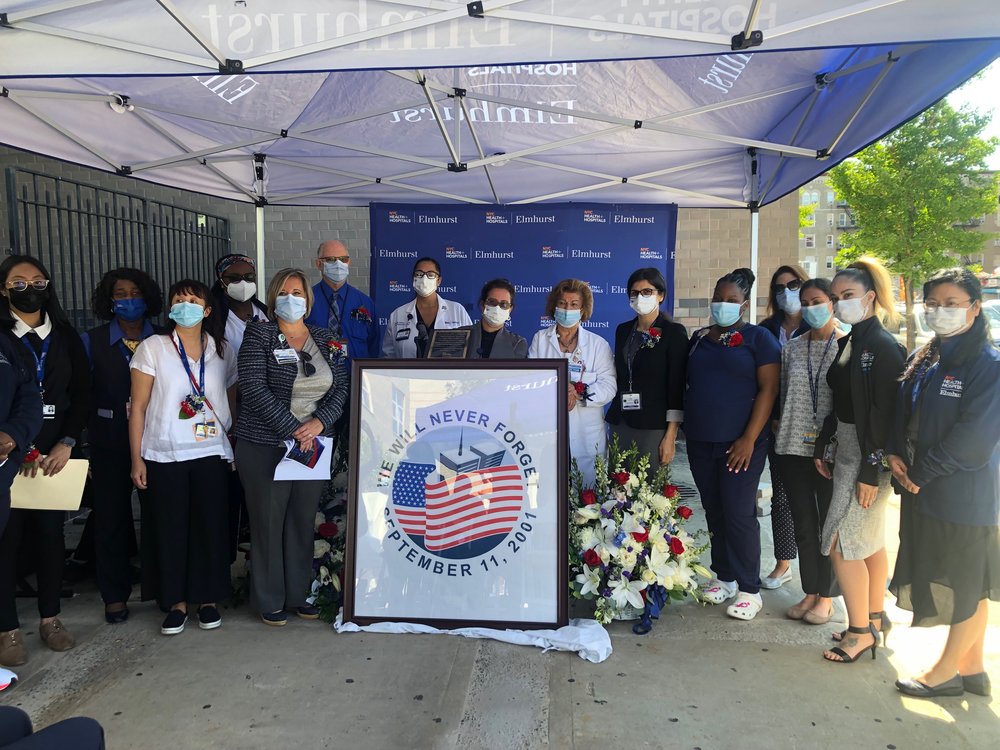By Evan Triantafilidis
Woodside resident Dominick Artale says he probably has chronic obstructive pulmonary disease (CPOD), as a result of volunteering at Ground Zero in the wake of the September 11th terrorist attacks, although he’s yet to be officially diagnosed.
Battling different types of cancers and suffering from severe lung problems and sleep apnea, Artale can still recall what it was like to watch the events unfold from across the East River.
“It was a beautiful day, but it turned to hell,” Artale said. “I’m thankful I wasn’t down there. I would have been, but I had a fight with my work partner two weeks before. He didn’t want to work or I would have been in the tower.”
Artale’s work partner would develop thyroid cancer as a result of being exposed to the dust cloud, and the horrors of that day threatened Artale’s physical and mental health.
“I thought it was a nightmare,” Artale added. “Every morning I would wake up and see the smoke on the way to work. I went down to volunteer to help, I wanted to play my part in it as an American. I felt helpless.”
Two decades later, the memories of that day are still stuck with Artale, now 66.
But he’s not alone.
For the past three years, Artale has been part of the World Trade Center (WTC) Health Program at Elmhurst Hospital, which was created to provide no-cost medical and behavioral health services to the first responders and survivors.
At Elmhurst Hospital, services have been provided to approximately 900 survivors. The WTC Health Program also operates in Manhattan at Bellevue Hospital and Gouverneur Hospital, caring for more than 13,000 patients at the three NYC Health + Hospitals locations.
On the eve of the 20th anniversary of the attacks, Elmhurst Hospital recognized and paid tribute to the survivors they have cared for since 2011.
Hospital CEO Helen Arteaga, praised the partnership between the health providers and the patients, which she says brings a sense of community to Elmhurst Hospital.
“For us, it’s not just the physical and clinical work,” Arteaga said. “For us, it’s that true partnership of holistic care. We are there for our community during the good, bad and the ugly.”
Arteaga was working in the emergency room at Northwell Hospital in Manhasset on September 11, preparing for an expected flood of casualties. Instead, she recalls a somber moment when no patients showed up.
“It was the worst silence of my life,” said Artega. “I remember when we realized no one was coming, just the tears, because we felt so helpless that we couldn’t help anybody.”
Patients in the program have access to psychologists, physicians, social workers and more support staff within the city’s hospital system.
Enrollment for the WTC Health Program remains open and eligible for New Yorkers, including those who are now in their 20s and 30s who were children when the attacks occurred.
“They listen to me and they understand,” Artale said. “They know that I’ve seen things that a lot of people didn’t see. I could call them at any time and they will be there for me.”



